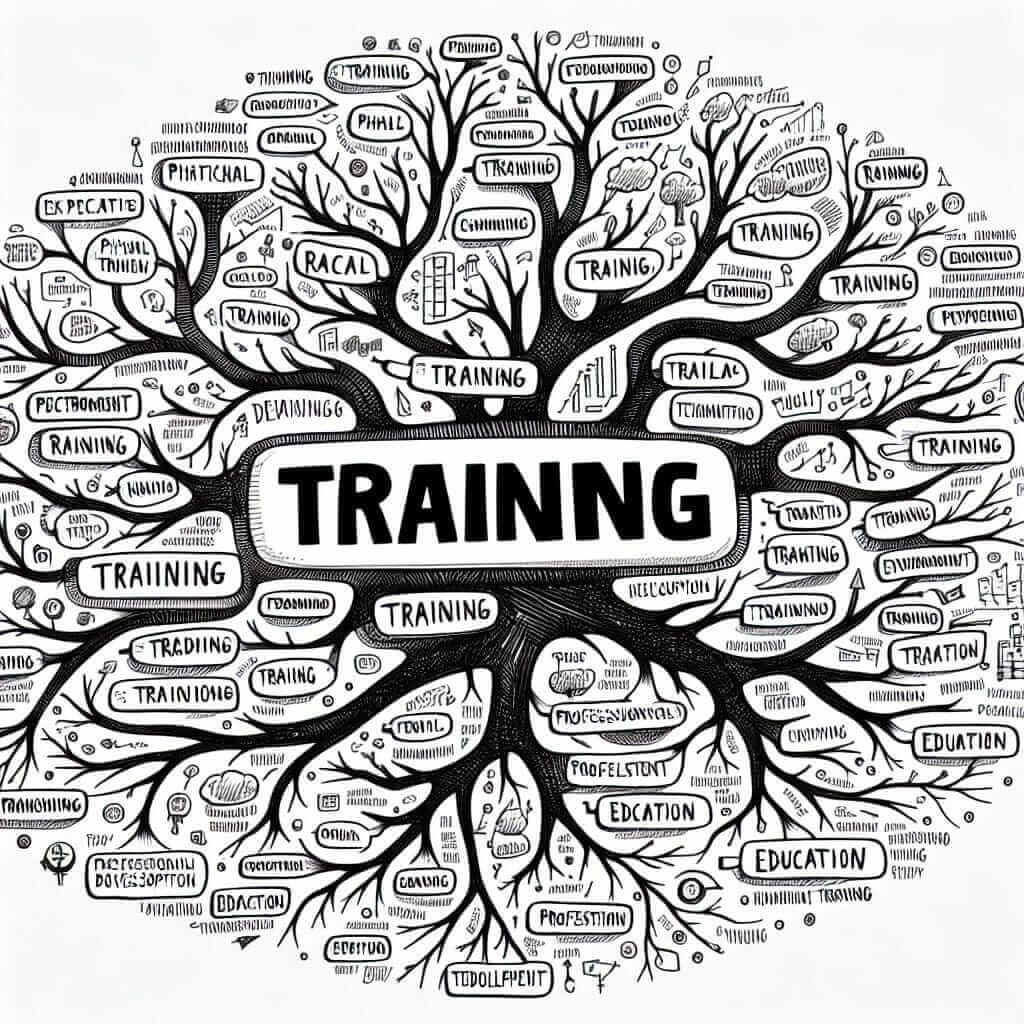As an experienced IELTS instructor, I often find students reaching for the word “training” in their writing and speaking. While it’s a perfectly valid word, using synonyms can demonstrate a wider vocabulary range, which is crucial for achieving a higher band score. In this article, we’ll explore a variety of words to replace “training” depending on the context, helping you express yourself with more nuance and precision.
Understanding the Context
Before we delve into synonyms, it’s essential to consider the specific context of “training.” Ask yourself:
- What type of training is being discussed? Is it physical training for an athlete, professional development training for employees, or perhaps educational training for a new skill?
- What is the purpose of the training? Is it to improve skills, impart knowledge, or modify behavior?
- What is the formality of the situation? Are you writing an academic essay or speaking in a casual conversation?
Synonyms for Different Types of Training
Let’s explore synonyms categorized by the type of training:
1. Physical Training:
- Coaching: This implies a more personalized and intensive form of training, often used in sports or athletics.
- Example: The athlete attributed his success to the rigorous coaching he received.
- Exercise: This refers to physical activity undertaken to improve or maintain fitness.
- Example: Regular exercise is essential for maintaining good health.
- Workout: Similar to exercise, but often implies a structured session of physical activity.
- Example: She enjoys starting her day with a challenging workout at the gym.
- Drill: This suggests repetitive practice of a specific skill or movement.
- Example: The soldiers practiced their drills on the parade ground.
2. Professional Development:
- Workshop: This refers to a structured training session, often interactive and focused on a specific skill or topic.
- Example: The company organized a workshop on effective communication skills.
- Seminar: Similar to a workshop, but may involve more theoretical discussion and less hands-on activity.
- Example: The university hosted a seminar on the latest advancements in artificial intelligence.
- Course: A structured program of instruction, often leading to a qualification or certification.
- Example: He enrolled in an online course to learn web development.
- Mentorship: This involves guidance and support from a more experienced individual in a specific field.
- Example: The mentorship program paired new employees with senior managers.
3. Education and Skills Development:
- Instruction: This refers to the act of teaching or imparting knowledge.
- Example: The students received clear and concise instruction from their teacher.
- Tutoring: Personalized instruction, often focused on improving a specific skill or subject understanding.
- Example: She hired a tutor to help her with her math homework.
- Apprenticeship: A system of training in which a novice learns a trade or craft through practical experience under the guidance of a skilled worker.
- Example: He completed a four-year apprenticeship to become a certified electrician.

Applying Synonyms in IELTS
Remember to choose synonyms that accurately reflect the meaning you want to convey. Here’s how you can effectively incorporate these words into different sections of the IELTS exam:
Writing Task 2:
- Original: “Governments should invest more in vocational training programs to equip young people with practical skills.”
- Improved: “Governments should allocate more resources to apprenticeships and vocational courses, enabling young people to acquire in-demand skills for the workforce.”
Speaking Part 2:
- Original: “I recently completed a training course on digital marketing.”
- Improved: “I recently enrolled in a comprehensive digital marketing workshop, which provided valuable insights and practical strategies.”
Conclusion
By expanding your vocabulary and understanding the nuances of different synonyms for “training,” you can significantly enhance the quality of your IELTS responses. Remember to practice using these words in various contexts to ensure fluency and accuracy. Good luck with your IELTS preparation!